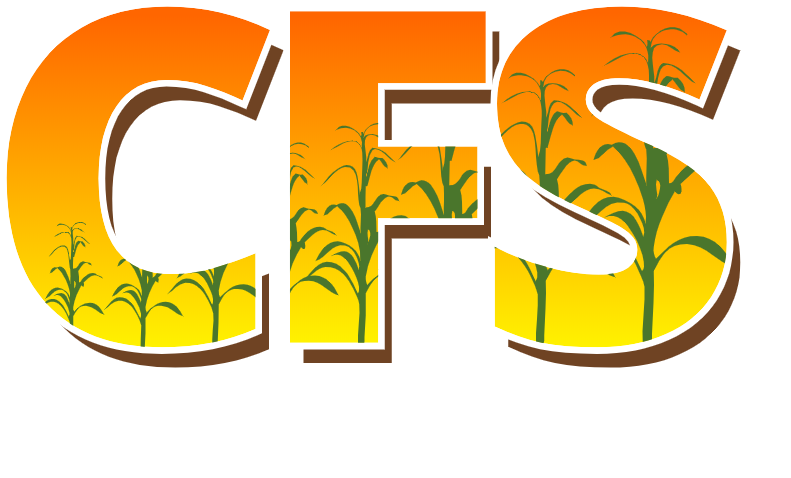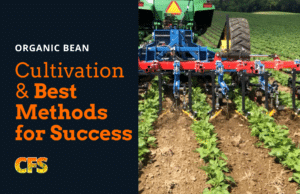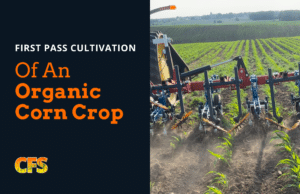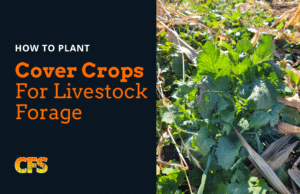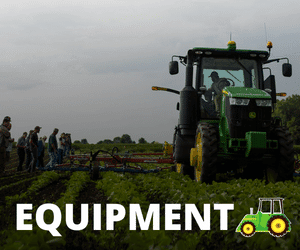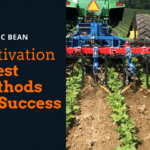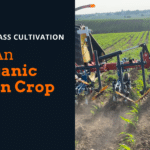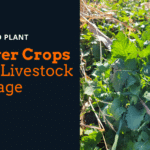4 Nebraska Organic Certification Agencies
1. OneCert
Founded in 2003, OneCert has built a reputation of dedication and integrity of the organic label.
2. Organic Crop Improvement Association (OCIA)
OCIA is a non-profit, member-owned organization providing certification services to organic farmers around the world.
3. Global Organic Alliance (GOA)
The GOA provides prompt service to members and has a goal of having certifications ready for members in 4 -6 weeks of receiving inspection documents.
4. Where Food Comes From Organic
WFCF Organic provides packaged certification services thanks to the variety of organic agencies working together.
Organic Seeds: What Are They?
Organic seeds are essential when shifting from traditional farming techniques to organic farming. These seeds have been harvested from plants, free of chemical fertilizers or harsh pesticides. They have not been genetically modified or altered. To have a crop certified as organic, it must be grown from organic seed. Besides meeting the requirements for organic certification, there are several other benefits to using organic seeds,
1- Organic seeds are bred to withstand harsher conditions
Without the ability to use harsh chemicals or pesticides, these seeds produce plants that are naturally resilient to these pests and difficult winter conditions.
2 – Organic seeds help maintain plant genetic diversity
Farmers can plant the same seeds year after year. This means they can selectively choose seeds from the strongest and highest-yielding plants.
3 – Seed saving
In conventional farming, it is illegal to harvest most seeds due to patents preventing seed saving. However, organic farming is built on seed saving, this practice makes organic farming even more sustainable.
5 Steps to Achieving Organic Certification in Nebraska
There is more to the process of converting to an organic farm than simply finding a certified agent. However, the process can be broken down into five main, easy-to-follow steps.
- This is the main and lengthiest step of the process. Before you can have your farm certified, you must first adopt sustainable organic practices. This will need to be detailed in an Organic System Plan. This will list the organic practices implemented on the farm, as well as a detailed account of the audit and record-keeping of organic crops.
- Once you have completed the process and filled out the application, your agent will review the material. Before submitting the application they will ensure you have met the qualifying requirements set by USDA Organic.
- The next step is the on-site inspection. An agent will look to see if you are in fact following the plan you documented.
- Next, an agent will review your application and the inspection report making sure it complies with the USDA regulations. If you have adopted the appropriate practices, including choosing organic seeds, you will have nothing to worry about.
- The final stage is receiving your organic certificate. Congratulations, all your hard work has paid off!
When beginning the transition to organic farming, it can be challenging to switch to new techniques to ensure adequate crop growth. But choosing high-quality organic seeds can make a world of difference. If you are interested in making the move to organic farming, give Crop Fertility Services a call or fill out our online form and we can give you the scoop on how our organic seeds can help your organic farm grow.
